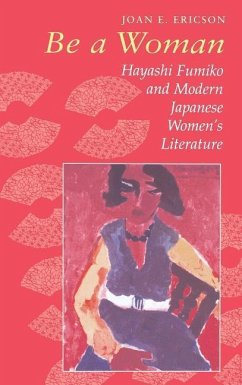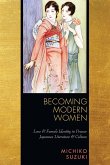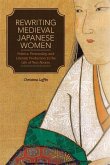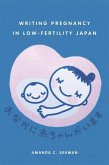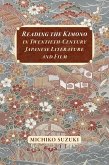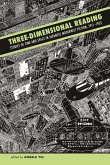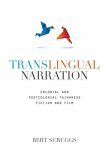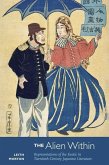Joan Ericson's magnificent survey of writing by Japanese women significantly advances the current debate over the literary category of "women's literature" in modern Japan and demonstrates its significance in the life and work of twentieth-century Japan's most important woman writer, Hayashi Fumiko (1903-1951). Until the early 1980s, the literary category of "women's literature" (joryu bungaku) segregated most writing by modern Japanese women from the literary canon. "Women's literature" was viewed as a sentimental and impressionistic literary style that was popular but was critically disparaged. A close scrutiny of Hayashi Fumiko's work--in particular the two pieces masterfully translated here, the immensely popular novel Horoki (Diary of a Vagabond) and Suisen (Narcissus)--shows the inadequacies of categorizing her writing as "women's literature." Its originality and power are rooted in the clarity and immediacy with which Hayashi is able to convey the humanity of those occupying the underside of Japanese society, especially women.
Bitte wählen Sie Ihr Anliegen aus.
Rechnungen
Retourenschein anfordern
Bestellstatus
Storno

